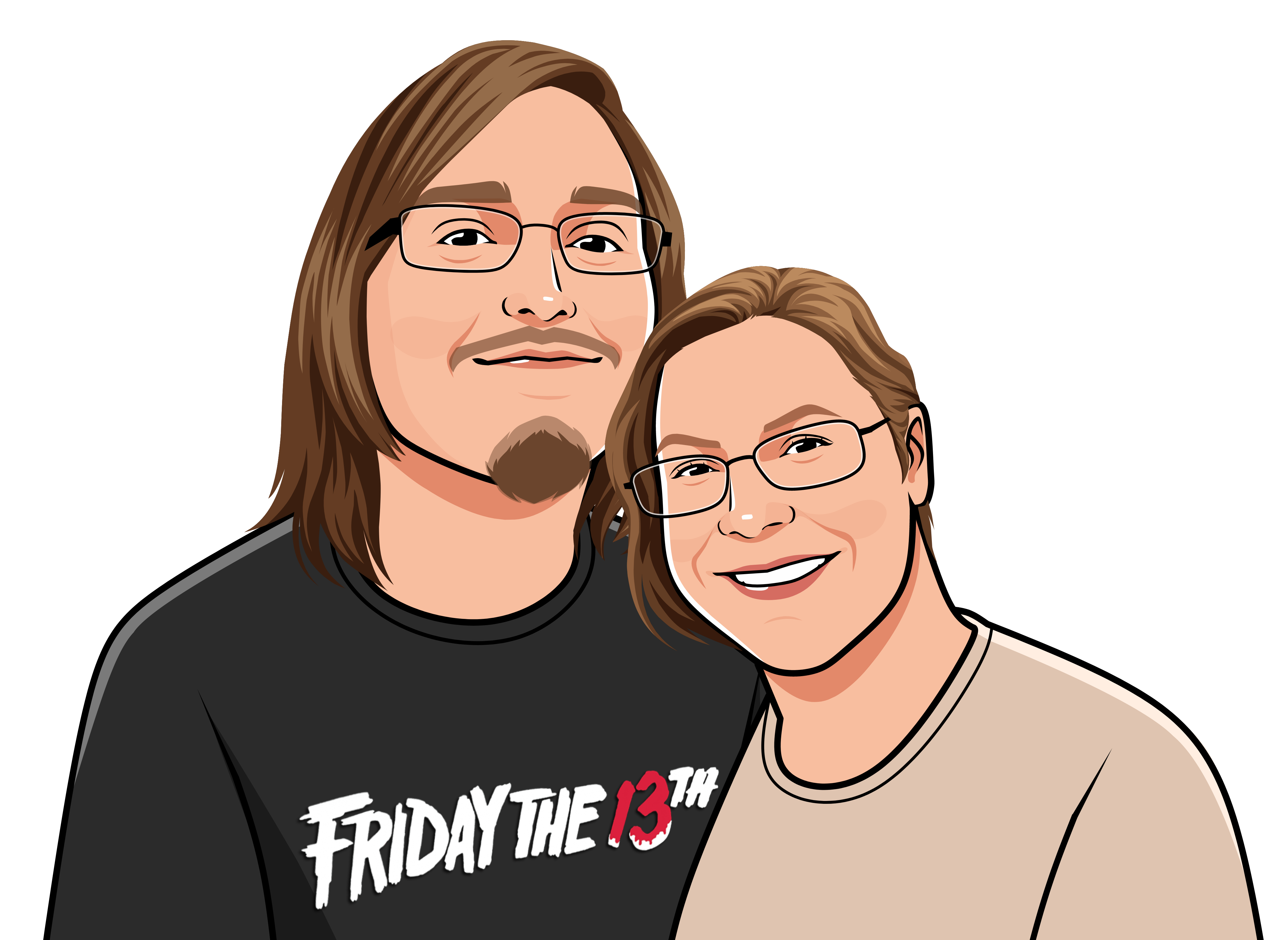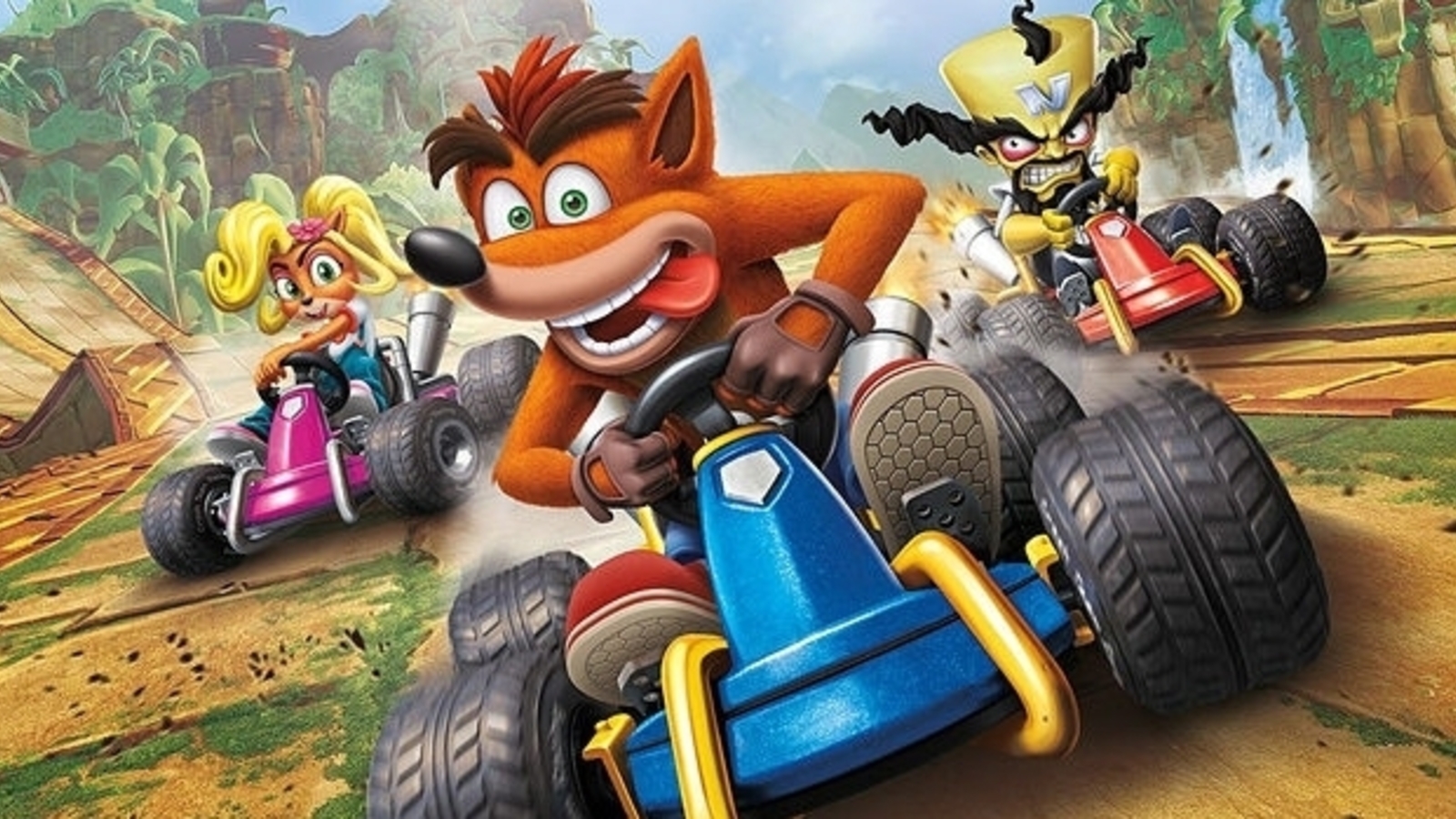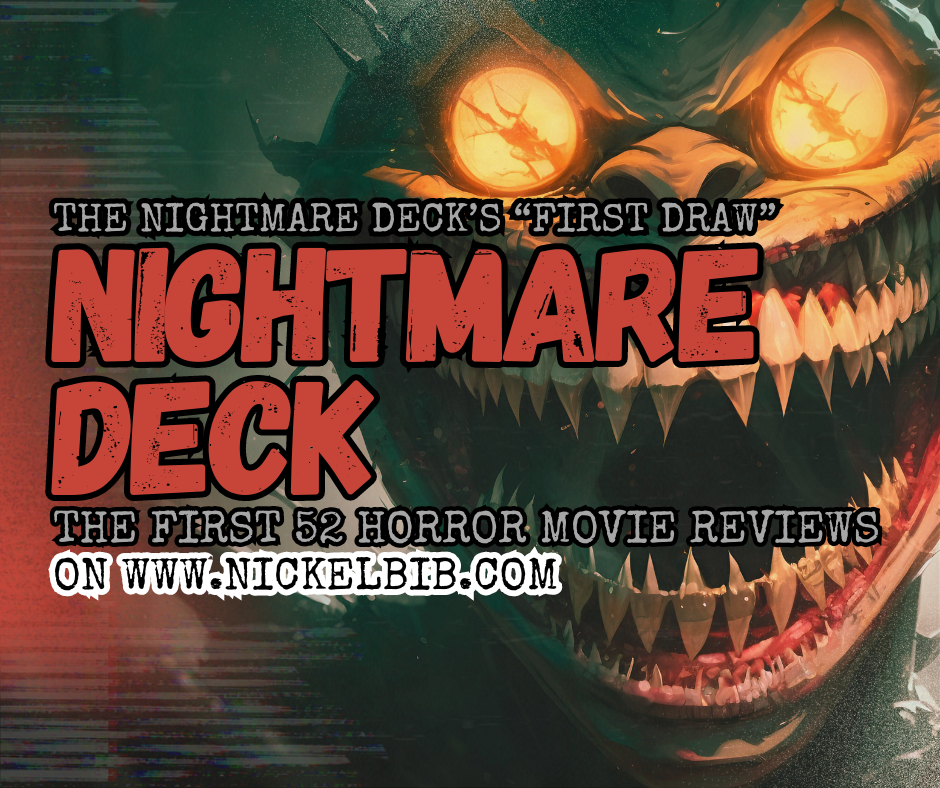When the 2018 videogame Ratchet & Clank was released, my response was a mixed-bag of emotion. It isn’t that I disliked it by any stretch. Insomniac‘s latest iteration to the Ratchet & Clank franchise had charm for days and a lot of playability, enough so that I completed the campaign on three occasions. However, for the most part, it felt like a celebration of Ratchet & Clank more than a proper continuation. This is, in part, because its reboot / remake nature, but also because its decreased difficulty and an approach that felt more streamlined, simplified, and, what I described as undercooked.
I’ve always taken myself as a huge fan of the Ratchet & Clank series, which might explain why I was such a stickler. Having completed every main-game release, and even some spin-offs like Secret Agent Clank, I’m familiar and, thereby, its older tricks might be a little less potent.
Ratchet & Clank: Rift Apart immediately had my attention, but it was a long wait before I would have my chance to play it (I had to find a PlayStation 5, after all). After playing it, I am happy to report that Ratchet & Clank: Rift Apart checks off most, if not all, of the boxes I had for it.
The animation and graphics have improved, obviously. This was never a criticism about Ratchet & Clank (2018), of course. Rather, it’s more an acknowledgment of how Ratchet & Clank has almost always kept a high-standard in its production (other than the glitchy, finnicky budget titles like Quest for Booty). Everything looks topnotch and excellent, and with what’s only the surface-layer of the PlayStation 5’s capabilities, the series has never looked better.
The gameplay is mostly classic Ratchet & Clank, but, with some small, favorable additions. Like the animation and graphics, Insomniac has never particularly faltered in this department. Everything’s funny and intuitive, and if you’ve played even a single Ratchet & Clank videogame, you’ll feel right at home with Rift Apart. On the other hand, it could be argued that Ratchet & Clank has never successfully evolved beyond the same formula it has used since 2002. Whether that is a bad thing or not is up to you, but, personally, I think Rift Apart brings a lot of new additions that brighten things up considerably.
The new and improved Hoverboots allow Ratchet (or Rivet) to zip wherever their hearts desire in a way that has often been attempted but never been perfected to this level. They’re a lot of fun and, importantly, feel easy to use and eventually master. The new “gimmick” / “feature” of being able to more-or-less pull yourself into new locations is neat and a fun addition. Admittedly, it’s mostly the mere prospect of how impressive it is and not because it adds a whole-whole lot to the gameplay, but it’s still very cool.
The difficulty options for Ratchet & Clank have improved. The complaint I had for the reboot is that, no matter what options I chose, I never felt it amounted to much of a challenge. Obviously, Ratchet & Clank has never been Dark Souls, but, rather, a fun 3-D platformer, but it could also feel a little too fast-paced and frivolous when every enemy goes down like they’re the worth of Cryptocurrency (I wonder how this joke will age).
Rift Apart offers much more challenge, and, again, importantly, it doesn’t make you embrace that. If you played the reboot and you wanted a similar experience, you can have that. There’re options in place to satisfy all needs. I haven’t revisited the whole series recently enough to know for certain where it places, but completing the Gold challenges in the Arena and the final boss on Hard difficulty were amongst the toughest experiences I’ve had with the series.
The story in Rift Apart is fairly good. Story has never been the series’ strong suit, benefiting more so from its charming characters and zany world. This, however, scratches an itch that I think has been missing from the series for awhile. Ratchet & Clank’s dynamic, to me, has been a little tired lately. Although the reboot brought a superficial telling of Ratchet’s brush with fame and small conflicts with Clank, it never really amounted to much character growth or anything that I was taken in by. A lot of that is because how familiar I already was with the characters, but a lot of that is also because it was a simple story that didn’t have a lot to be taken by.
Rift Apart is far more unique in its characterizations and is likewise unique in its concept. When the Dimensionator malfunctions, Ratchet & Clank find themselves met by a new, far more maniacal Dr. Nefarious (along with their universes’ version) and must set out to stop him and set things right again. Likewise, they also find themselves met by new, alt. versions of themselves – a Lombax named Rivet and a small robot named Kit. Their characters (especially Rivet) are charming and well portrayed through and through, benefited by good voice-acting and sheer likability.
It would’ve been easy for Insomniac to fumble on this approach. The concept of a new “version” of the same characters has been done a lot, and the fact it’s new (gasp!) girl versions of said characters meant I could’ve seen it backfiring, feeling forced, or, otherwise, inciting the irrational rage that is so much of the gaming community. Although I don’t know much about everyone’s reaction to Rivet and Kit, I’d call myself a real fan. I’d love a Rivet & Kit spin-off videogame one day, absolutely! Their introduction allowed us new characters to progress with, a new conflict to overcome, all without losing the inclusion of our friends Ratchet & Clank in the crosshairs.
I completed Ratchet & Clank: Rift Apart‘s campaign and received the Platinum trophy in about 14 hours. Insomniac has always been very good about Platinum trophies, which I respect a lot. Other than Ratchet & Clank’s trophy’s Groovitron trophy (requiring you to use the weapon on practically everything, a feat I couldn’t seem to do after three playthroughs with no way of knowing which enemy I’m missing), most games in the series can be Platinum’d fairly easily.
I remember when Ratchet & Clank (2018) came out, a friend of mine referred to it as being able to play in a world of Pixar-quality, noting how strong the visuals had become. With Rift Apart, I feel it not only captures the aesthetic, however, but it also captures a lot of the same heart in storytelling that top-shelf Pixar has. This is the best Ratchet & Clank we’ve had in well over a decade and I absolutely recommend it.






GIPHY App Key not set. Please check settings